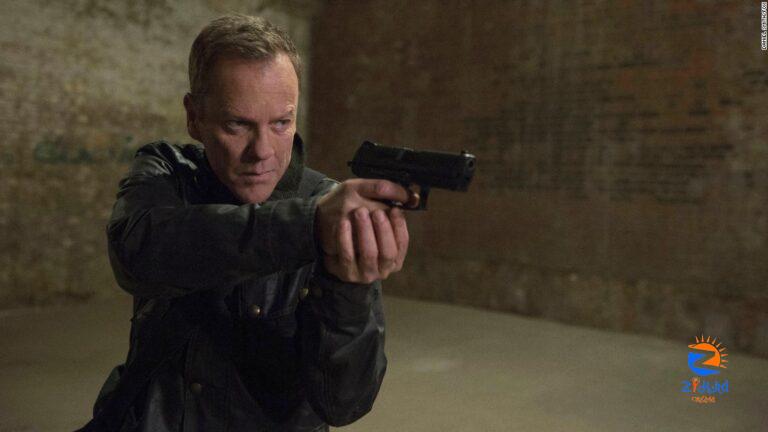
[ad_1]
Two decades later, it’s clear early predictions that the trauma from such terrorism on US soil would alter popular entertainment turned out to be wrong. If anything, “24” demonstrated how the two would coexist, with Kiefer Sutherland’s counterterrorism agent Jack Bauer battling on through the decade, becoming a short-hand symbol for the war against terror, even referenced in the debate over public tolerance for torture in “ticking-clock” scenarios.
Before that, however, the producers had to edit a sequence in the opening episode that involved a terrorist blowing up an airplane. The pilot for CBS’ CIA drama “The Agency” — which made a reference to Osama bin Laden and involved a terror plot to blow up a department store in London — was also delayed, and rescheduled for later in the season.
“Alias” turned Jennifer Garner into a star (and introduced viewers to Bradley Cooper) as a super-spy in a more fanciful series that ran for five years on ABC. It was more a female James Bond motif than the others, but nevertheless wound up lumped in with them discussing whether programmers were prescient or had really bad timing.
Although “The Agency” was canceled after two seasons, “24” became a major hit, one invoked by politicians and pundits to buttress their arguments about the need for Jack Bauer-like action in response to the threat of terrorism.
It’s worth noting “24,” “The Agency” and “Alias” made their debut before there were streaming services, back when the four major broadcast networks — while feeling pressure from cable –accounted for much larger proportion of overall TV viewing.
At the time, networks liked to characterize such programming as “comfort food.” While the packaging has evolved, in some respects, much of the menu remains the same.
[ad_2]